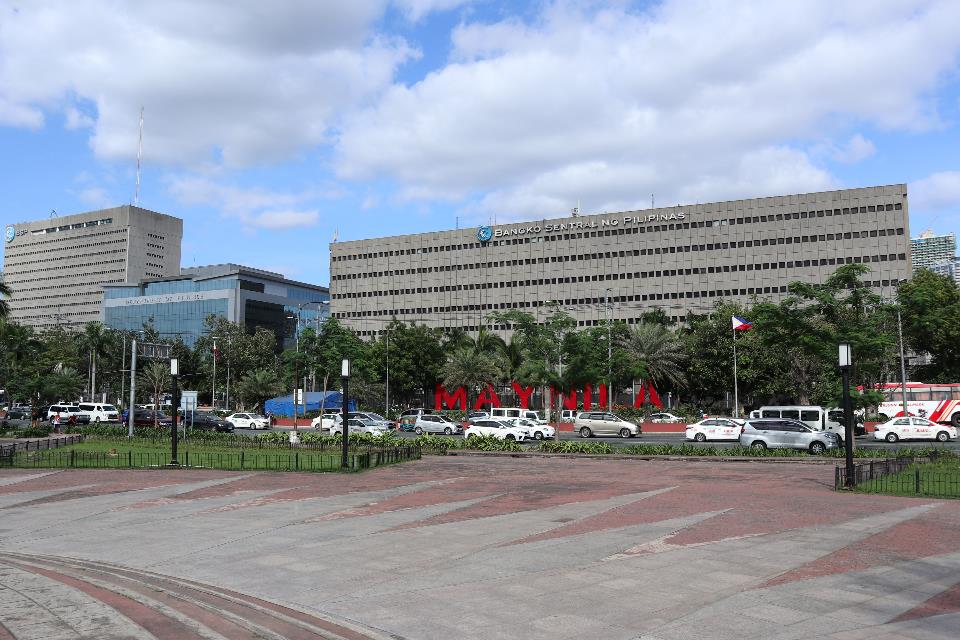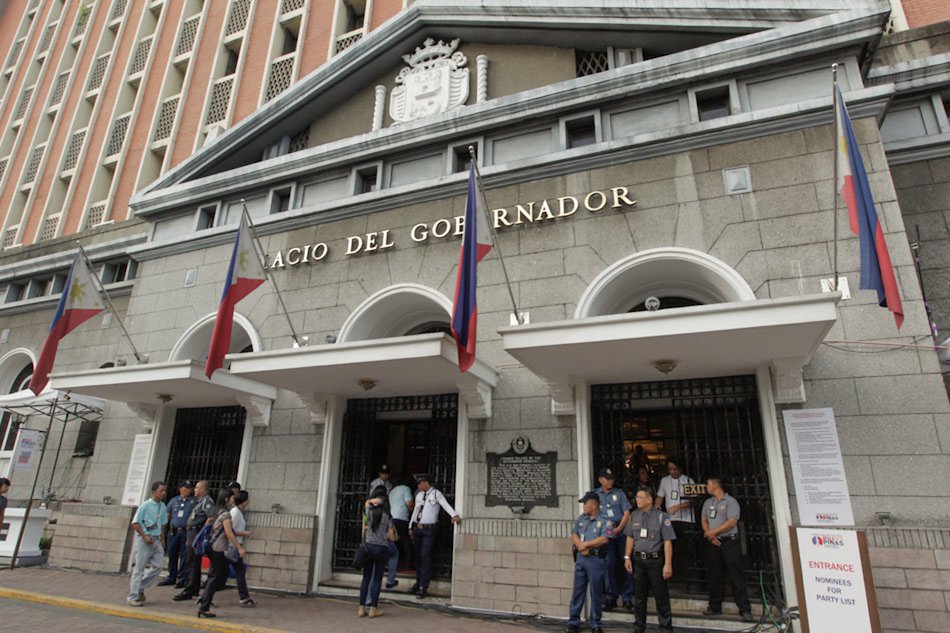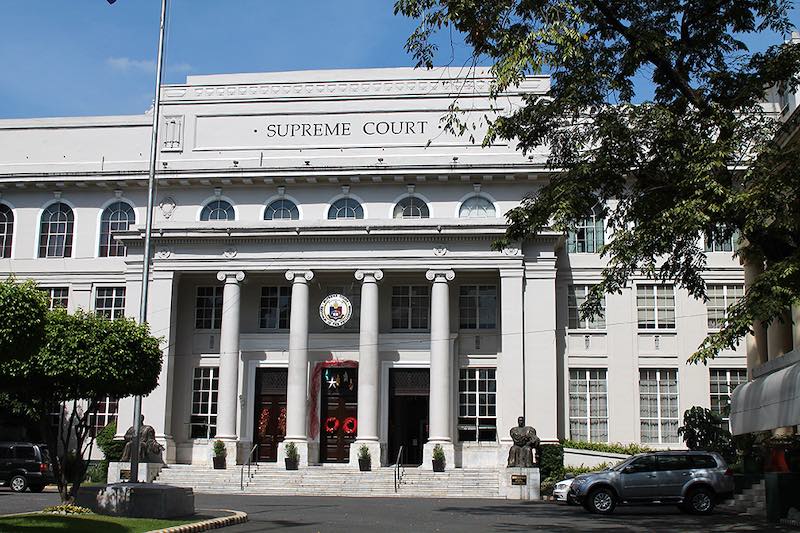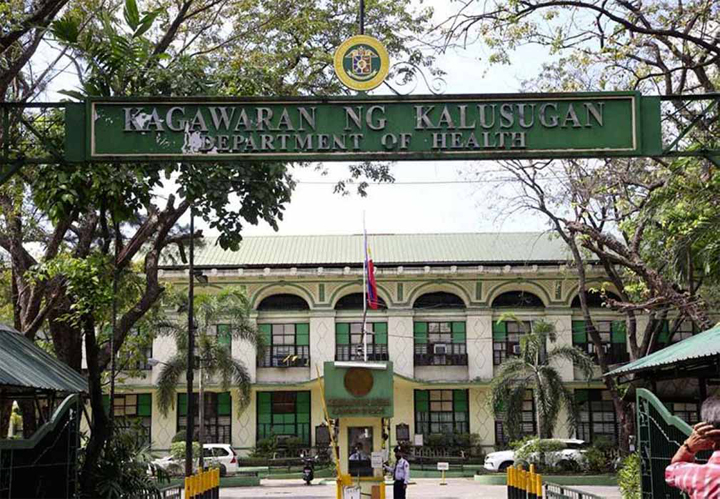THE chairman of the House Committee on Ways and Means on Thursday urged the Inter-Agency Task Force on Emerging Infections Diseases (IATF) to adopt international measures on food transport to prevent road congestion and protect food security.
In an aide memoire addressed to the House leadership, Albay Rep. Joey Sarte Salceda said entry and exit points to and from Luzon are rightfully tightened to avoid nationwide contagion, but the transport of essential goods should remain unimpeded.
Salceda recommended the rationalizing of checkpoints, the lifting of procedures for access to food lanes, and additional benefits to truck drivers of essential goods.
He said in China, Canada, the United States, the United Kingdom and Singapore, food transport is allowed to pass through a special lane.
“The Department of Agriculture should consider lifting permitting procedures to access food lanes. Whenever possible, agencies belonging to the IATF should simplify and rationalize rules governing the inland transport of essential goods,” he said.
‘Real hunger’
“We have the supply. There’s definitely spiking demand for essentials, food and hygiene products. But if it takes too many extra hours for food supply to reach demand, this will compound by the day, and as we go further down the enhanced quarantine, we will see unnecessary food shortages across public markets and groceries. This will ignominously add real hunger to the emotional hunger imposed by social distancing,” Salceda said.
Salceda said that while food supply remains stable, long queues forming at a complex web of multiple municipal checkpoints and provincial border controls “threatens immediate supply stability and increases price pressures.”
“The point of the Luzon-wide enhanced quarantine is twofold: to encourage home quarantine and to protect the Visayas and Mindanao from Covid-19 infection. In theory, the idea is to contain infections within Luzon, and to keep intra-Luzon numbers low through social distancing,” he said.
“In practice, localities within Luzon are adopting their own local checkpoints, so that supplies traveling from Manila would face at least four provincial checkpoints and several municipal checkpoints to Legazpi with 33 potentially and 39 toward Matnog, Sorsogon [jumping-off point to VisMin markets]. Effectively, what we have right now is a complex combination of multiple municipal checkpoints and provincial boundary controls. There are around 40 towns and five provinces between Santo Tomas and Matnog. The queues will be multi-kilometric if each will have their own checkpoint for food and goods transports,” he added.
According to Salceda, the Philippine National Police should be allowed to determine which checkpoints are necessary and which points are redundant.
“The effects are 1) congestion at checkpoints that compromise social distancing, 2) delays in resupplying groceries, markets and supermarkets, 3) stretched peace-and-order personnel and resources, diverting them from productive in-community tracking and surveillance, 4) spikes in prices due to supply shortages, 5) private-sector losses that endanger the economy’s medium-term ability to weather the health emergency,” he said.
Also, he said to ensure that there is no labor shortage among truck drivers, adequate provisions must be given to ensure that truck drivers are able to continue transporting essential goods.
Image credits: Roy Domingo
































